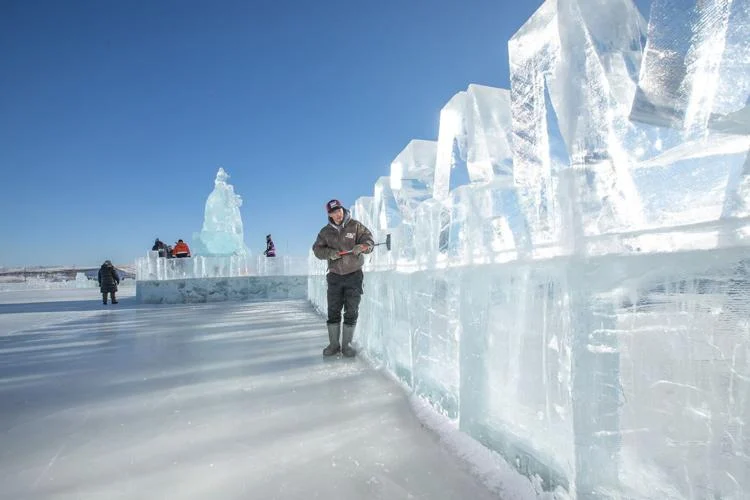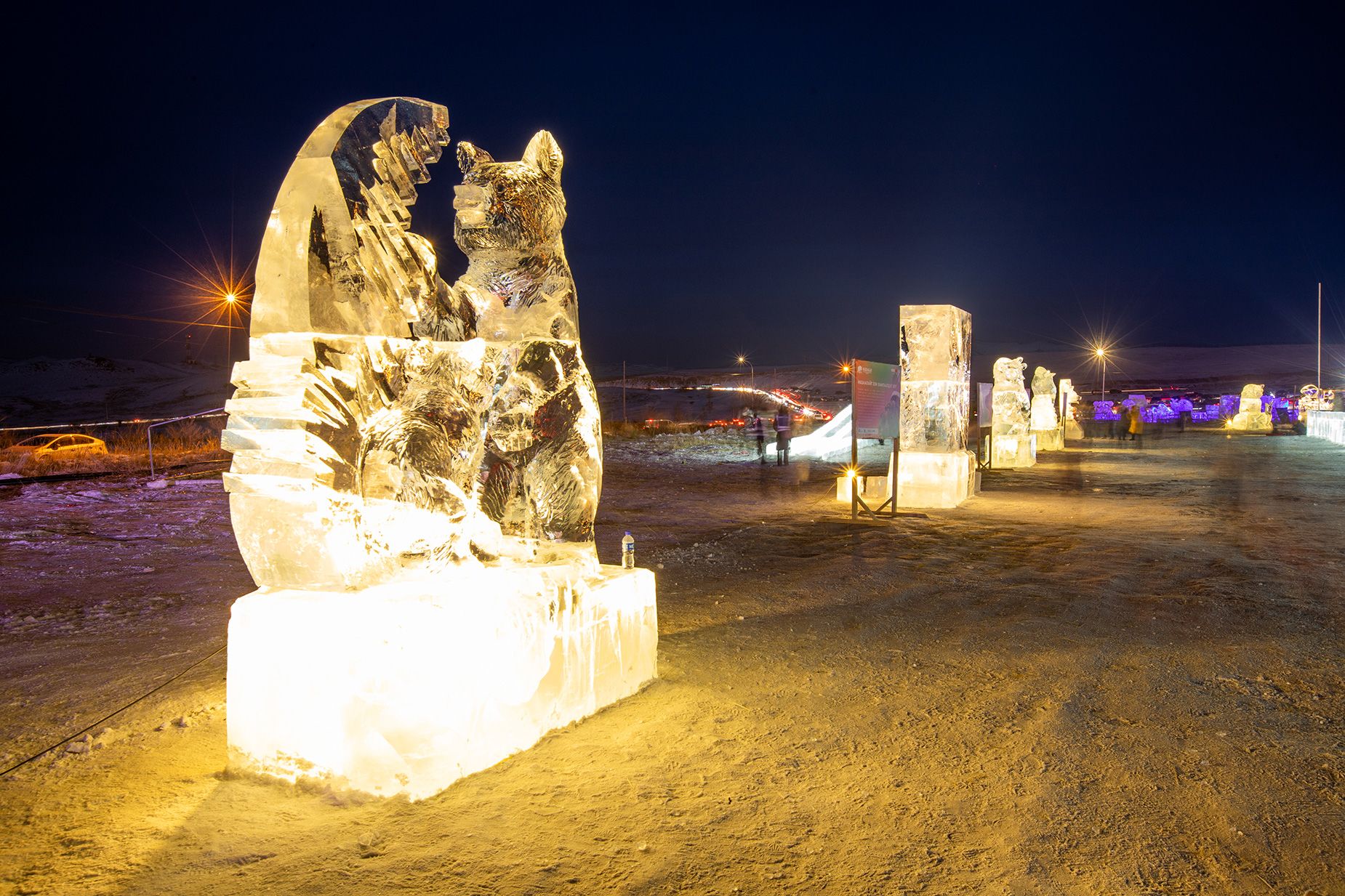Mongolia’s new snow and ice festival sets Guinness World Record
by Admin

Famed for its beautiful open spaces, lush green valleys and traditional nomadic culture, Mongolia has long been considered a destination best visited in the summer months.
However a new event has been launched to lure international travelers in search of an authentic Mongolian winter experience.
The free event “marks a major milestone in the development of Mongolia’s winter tourism sector,” Mongolia Culture Minister Nomin Chinbat said in a statement.
“Over the next two weeks, visitors will be captivated by our winter landscapes and the beauty of the sculptures on display, and I hope many more from around the world will be inspired to visit our country during the winter season.”
Though it’s only been open for a few days, the event reportedly already set a Guinness World Record – most people to descend an ice slide in one hour.
Other attractions at the festival include a five-meter-high snow and ice sculpture of the country’s protected Gobi bear (Mazaalai in Mongolian) and her cubs, aimed at raising awareness of the critically endangered animal.
A further 52 ice Mazaalai statues were erected at the festival to represent the 52 Gobi bears that remain in the wild.

Ministry of Culture/Ministry of Environment and Tourism, Government of Mongolia
There’s also a 56.4-meter-long snow and ice sculpture with a large ice skating rink.
On January 17, the festival hosted the Mazaalai International Ice Competition, featuring 24 artists from six countries including China, Thailand, France, Russia, the US and Mongolia.
Mongolia: A destination for all seasons?
There’s a reason visiting Mongolia in winter might not appeal to everyone – capital Ulaanbaatar is widely considered one of the world’s coldest cities, with temperatures in January averaging anywhere from minus 15 to minus 30 degrees Celsius (5 to -22F). Temperatures can get much colder in the country’s northern region.
Meanwhile, flights to some remote areas of the country don’t operate in the winter months.
But visiting this time of year has its advantages, including cheaper hotel/tour rates and those dramatic snow-covered landscapes. The country hosts a variety of unique winter events, including the annual Khuvsgul Lake Ice Festival, which takes place on Mongolia’s largest lake in early March.
Culture Minister Chinbat said the new Mazaalai International Snow and Ice Festival is part of the government’s goal to welcome one million international tourists per year to Mongolia. In 2019, prior to the pandemic, Mongolia received 637,000 international travelers according to the World Bank.
The country has already taken several measures as part of its goal to hit that seven-figure digit, including expanding its list of countries from which citizens can visit Mongolia without a visa, a policy that will be in place through the end of 2025.
Meanwhile, talks to launch direct flights between Mongolia and the United States this year are reportedly underway.
Famed for its beautiful open spaces, lush green valleys and traditional nomadic culture, Mongolia has long been considered a destination best visited in the summer months. However a new event has been launched to lure international travelers in search of an authentic Mongolian winter experience. The inaugural Mazaalai International Snow and Ice Festival, which kicked…
Recent Posts
- Liverpool ends 15-year curse with statement win over Real Madrid
- The TSA-approved hack that allows travelers to bring a bottle of water through airport security
- Подводный WiFi, аквапонные фермы: как морские техностартапы привлекают инвесторов
- “Подводный интернет”: эта женщина может подключить беспроводную сеть на 3-километровой глубине
- Inside the wild world of Osaka’s dangerous, adrenaline-fueled float festivals